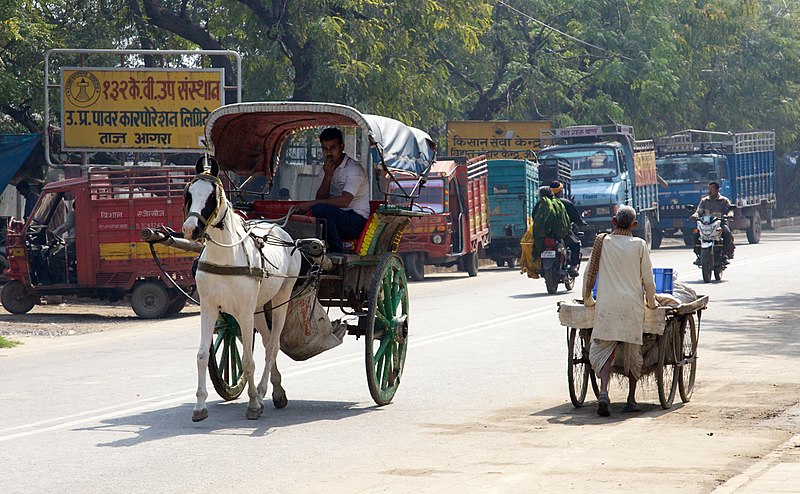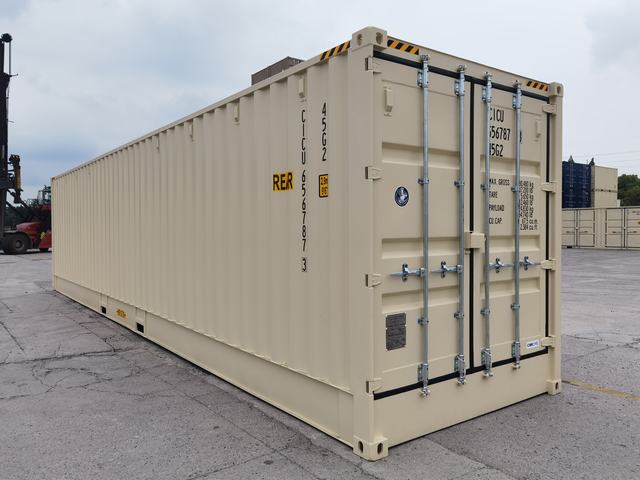Unveiling the Drawbacks of Modern Means of Transport: Navigating the Downsides of Contemporary Mobility

In today's fast-paced world, modern means of transport have revolutionized the way we travel and connect with the world. From airplanes and high-speed trains to cars and electric scooters, these advancements have undoubtedly enhanced our mobility and accessibility. However, it is essential to acknowledge that alongside the numerous advantages, there are also significant disadvantages associated with modern transportation. In this article, we will delve into the drawbacks of modern means of transport, shedding light on their impact on the environment, public health, and societal aspects.
- Environmental Implications:
Modern means of transport, particularly those relying on fossil fuels, contribute significantly to environmental degradation. The combustion of fossil fuels releases greenhouse gases, such as carbon dioxide, into the atmosphere, exacerbating climate change. Additionally, the extraction and transportation of these fuels further harm ecosystems, leading to habitat destruction and biodiversity loss. The reliance on non-renewable resources also raises concerns about future energy security and sustainability. - Congestion and Traffic:
As urbanization continues to accelerate, the rise in private vehicle ownership and the expansion of transportation networks have resulted in increased traffic congestion. This congestion not only leads to wasted time and productivity but also contributes to air pollution and noise pollution. The excessive number of vehicles on the roads also strains existing infrastructure, necessitating costly expansions and repairs. - Public Health Challenges:
The convenience of modern transportation comes at a cost to public health. The emissions from vehicles, especially those running on diesel, release harmful pollutants into the air, leading to respiratory problems and exacerbating conditions such as asthma. Moreover, sedentary lifestyles associated with increased reliance on cars and other motorized transport modes contribute to rising obesity rates and related health issues. The lack of physical activity due to reduced walking and cycling also impacts overall fitness levels. - Safety Concerns:
While modern means of transport have made significant advancements in terms of safety features, accidents and fatalities still occur. The higher speeds and increased traffic density increase the risk of accidents, especially on highways and in densely populated areas. Additionally, the reliance on technology in transportation systems introduces the potential for cyberattacks and system failures, posing additional safety risks. - Social and Economic Disparities:
The accessibility and affordability of modern means of transport are not evenly distributed, leading to social and economic disparities. In many regions, marginalized communities face limited access to reliable transportation options, hindering their mobility and opportunities for education, employment, and healthcare. The cost of owning and maintaining private vehicles can also be a financial burden for low-income individuals and families.
Conclusion:
While modern means of transport have undoubtedly transformed the way we travel and connect, it is crucial to recognize and address their disadvantages. From environmental concerns and traffic congestion to public health challenges and social inequalities, these drawbacks demand our attention and collective efforts to develop sustainable and inclusive transportation systems. By prioritizing innovation, renewable energy sources, and equitable access, we can mitigate the negative impacts of modern transportation and pave the way for a more efficient, environmentally friendly, and socially just future.

